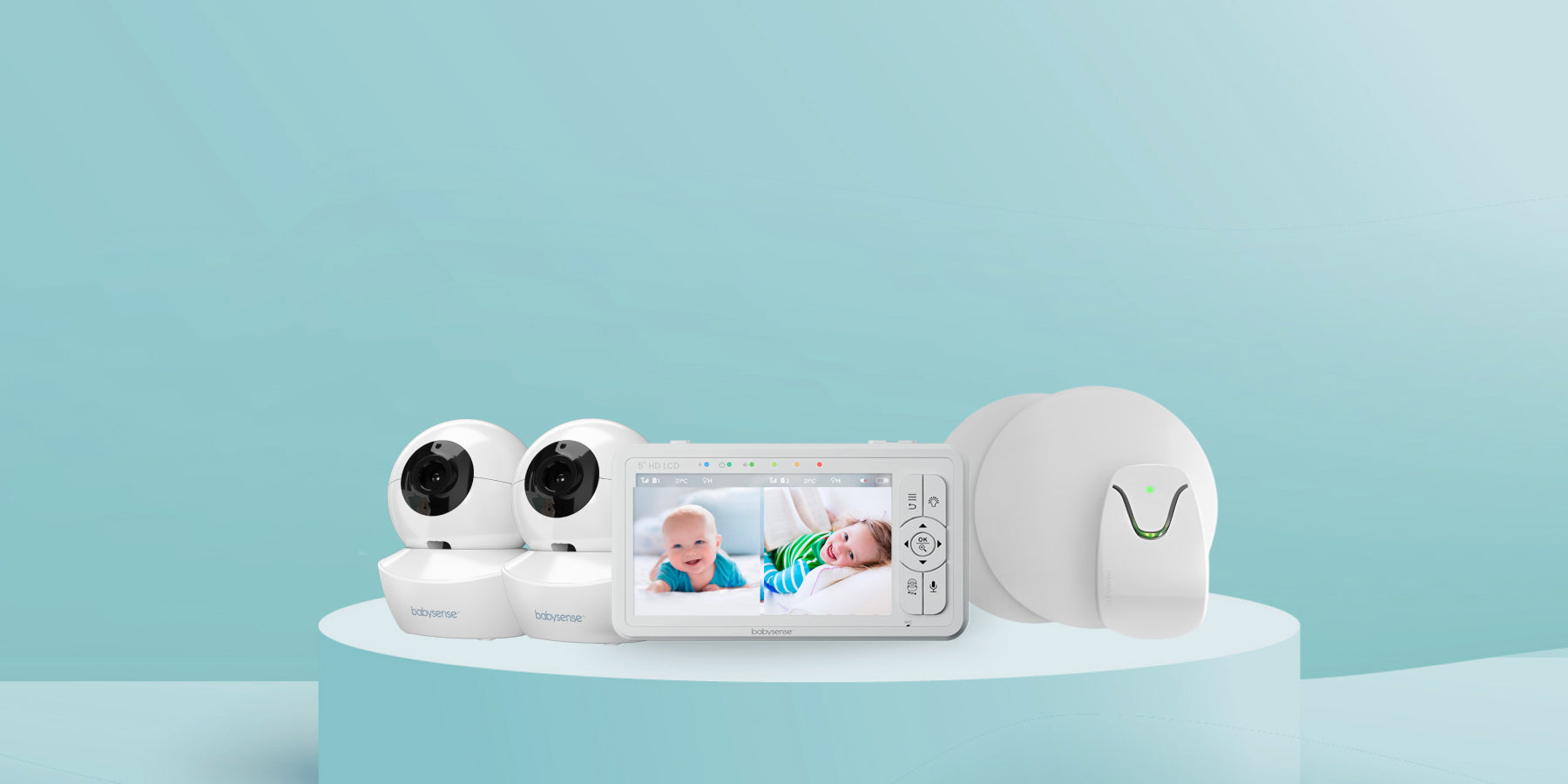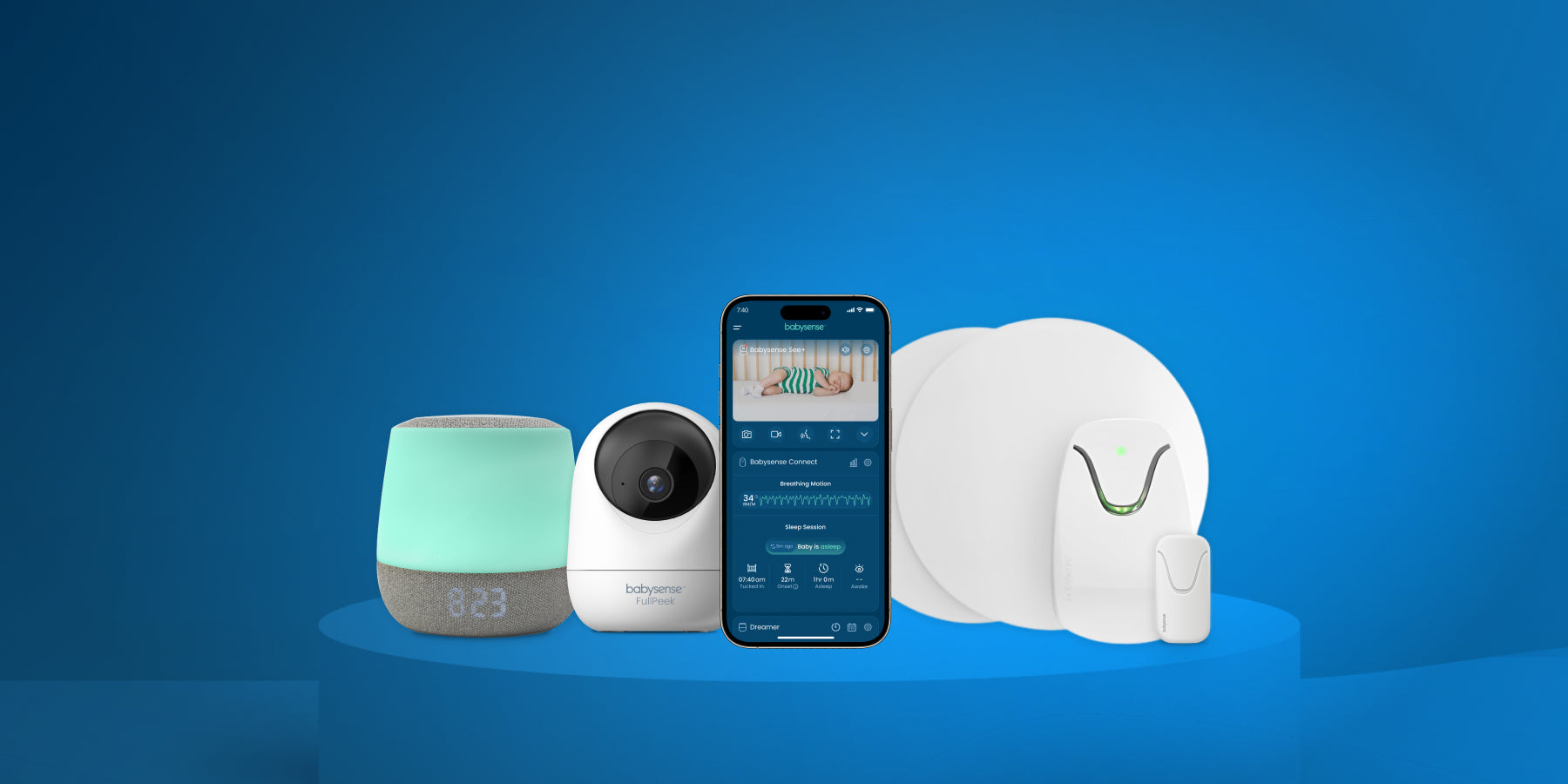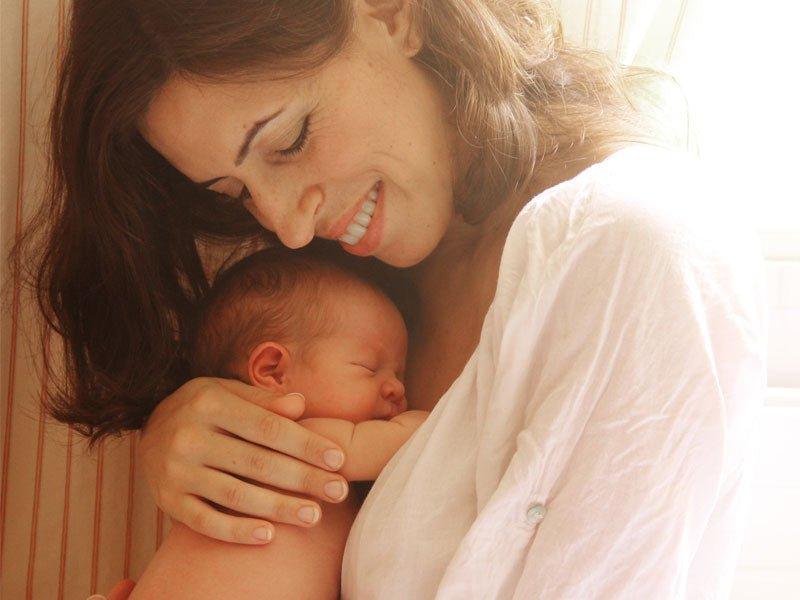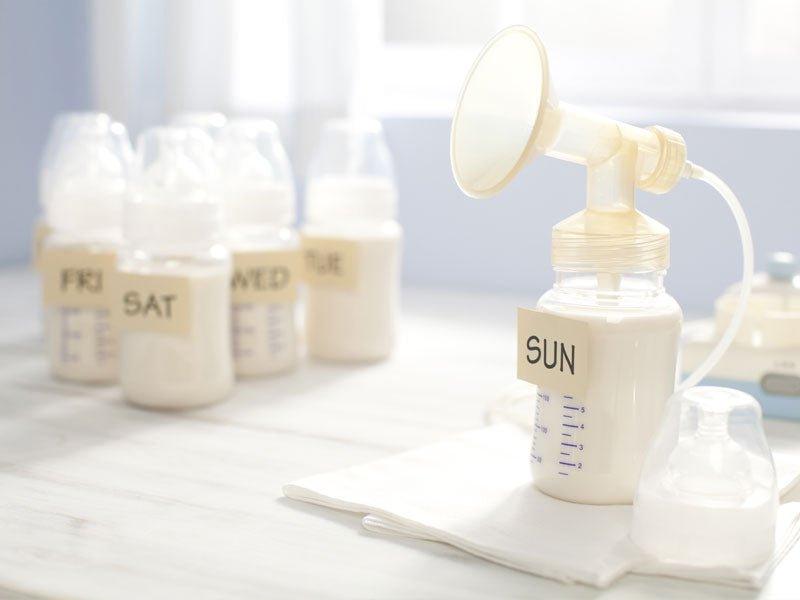Perinatal distress (PND) is more common than most people imagine. Previously known as post-natal depression, it has been renamed recently. ‘Perinatal’ indicates that these feelings may emerge at any time around the birth of your baby. So it may manifest during pregnancy, shortly after the birth or as long as 18 months later. Recent stats show that up to 85 % of new mothers experience periods of tearfulness and feelings of despair in the first few weeks after their baby’s birth. These mood disruptions normally resolve within a few weeks as moms hormones settle down and she gets to know her precious bundle. However, some moms experience prolonged periods of anxiety, helplessness and feelings of despair which is called Perinatal distress (PND). The word “distress” indicates that the feelings a mom may experience are not limited to simply feeling depressed and down in the dumps, but may include feeling overly anxious and distressed about caring for your baby. Many mothers resist seeking help as they see perinatal distress as a sign of poor parenting skills or declining mental health. It is important that the symptoms are recognized as soon as possible, so that professional help can be sought. In many instances medication is required, but often a supportive home environment and extensive psychological counseling helps. Some indicators of perinatal distress may be if you feel:
- out of control, frustrated and very irritable
- scared or panicky, anxious and worried, sad or miserable most of the time
- unable to laugh or to feel joy
- unable to cope
- afraid to be alone
- unusually tearful
- as tough you are going crazy
- difficulty in sleeping
- no sex drive
- thoughts about harming yourself or your baby
Sr Ann Richardson is the author of Toddler Sense and also co-authored Baby Sense and Sleep Sense. She is a qualified nurse and midwife and has worked in the midwifery and paediatric fields for 30 years. For more information from Sr Ann Richardson go to www.toddlersense.com or email her at info@toddlersense.co.za





